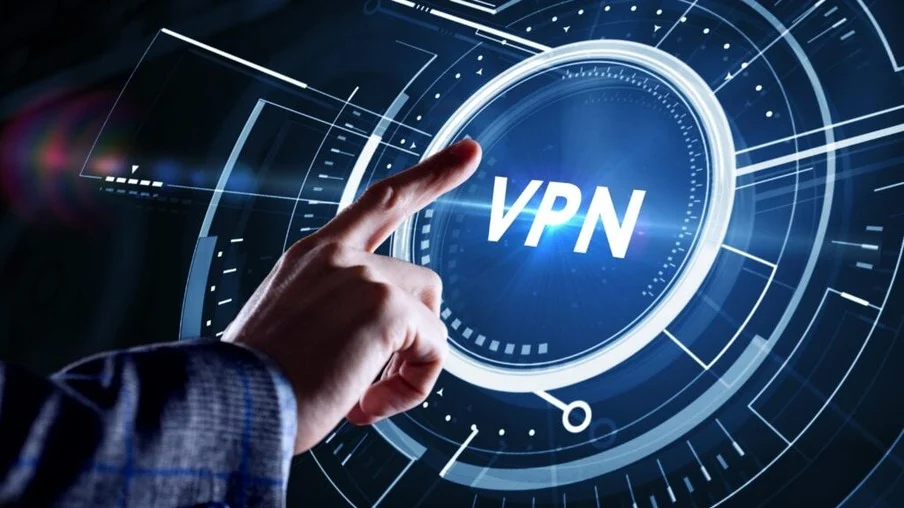In a world where everything is interconnected, securing your online activities has never been more crucial. Imagine sending sensitive information, like your bank details, across a public network. Scary, isn’t it? You’re not alone in this concern; cybersecurity threats loom over everyone, from individuals to corporations. But here’s the good news: VPNs and firewalls are here to save the day. Let me take you through how they work, why they’re important, and how they can help build a robust and secure network infrastructure.
What Is a VPN, and Why Should You Care?
Let’s start simple. A Virtual Private Network (VPN) is like a private tunnel that shields your online activities from prying eyes. Imagine driving down a busy highway where everyone can see where you’re going. Now, picture having an invisible car that hides your route. That’s what a VPN does for your internet traffic.
It encrypts your data and masks your IP address, making it nearly impossible for hackers or snoopers to intercept your information. Whether you are sending emails or working remotely, a VPN ensures your data stays private.
How Firewalls Guard Your Network
Think of a firewall as the gatekeeper to your digital world. It monitors all incoming and outgoing traffic and decides what’s safe and what’s not. Picture a nightclub bouncer who only lets in guests with a valid invitation that’s exactly how a firewall operates for your network.
Firewalls act as the first line of defense against malicious attacks. They block harmful traffic, prevent unauthorized access, and protect sensitive data from falling into the wrong hands. From basic home networks to complex corporate systems, firewalls are a critical component of network security.
Why Combining VPNs and Firewalls Is a Game-Changer
Here’s where the magic happens for CCNA certification: VPNs and firewalls work best as a team. A VPN secures your data during transmission, while a firewall guards the network’s entry points. Together, they create a fortress-like defense system.
Imagine you’re working remotely, accessing company files from a café’s public Wi-Fi. A VPN encrypts your connection, making it secure. Meanwhile, the company’s firewall ensures that only legitimate users can access its servers. This duo eliminates vulnerabilities, ensuring your data and the network remain safe from cyber threats.
Real-Life Examples That Highlight Their Importance
Here’s a story: a small business owner named Sarah relied on public Wi-Fi to manage her e-commerce store while traveling. One day, her payment system was hacked, and she lost thousands of dollars. If only she had used a VPN, her data would’ve been encrypted. If her network had a firewall, it could’ve blocked the hacker’s unauthorized access.
Stories like Sarah’s aren’t uncommon, but they’re avoidable. With VPNs and firewalls, you can prevent such mishaps and ensure the safety of your personal or business information.
Actionable Steps to Build a Secure Network Infrastructure
Want to build a secure network infrastructure? Here’s how:
- Use Both VPNs and Firewalls: A comprehensive approach offers the best protection.
- Keep Your Software Updated: Hackers exploit outdated systems, so stay one step ahead.
- Educate Yourself: Take courses like the CCNA course to understand networking deeply.
- Test Your Network Regularly: Conduct audits to identify and fix vulnerabilities.
- Spread Awareness: Share the importance of VPNs and firewalls with your team or family.
Conclusion
Creating a secure network infrastructure isn’t just about installing tools; it’s about understanding how to use them effectively. VPNs encrypt your data, while firewalls filter out threats, making them an unbeatable pair in the fight against cyberattacks.
Ready to dive deeper into network security? Start by building your skills. Enroll in Cisco Networking Academy courses or pursue the CCNA certification to become a pro in creating secure and efficient networks.

